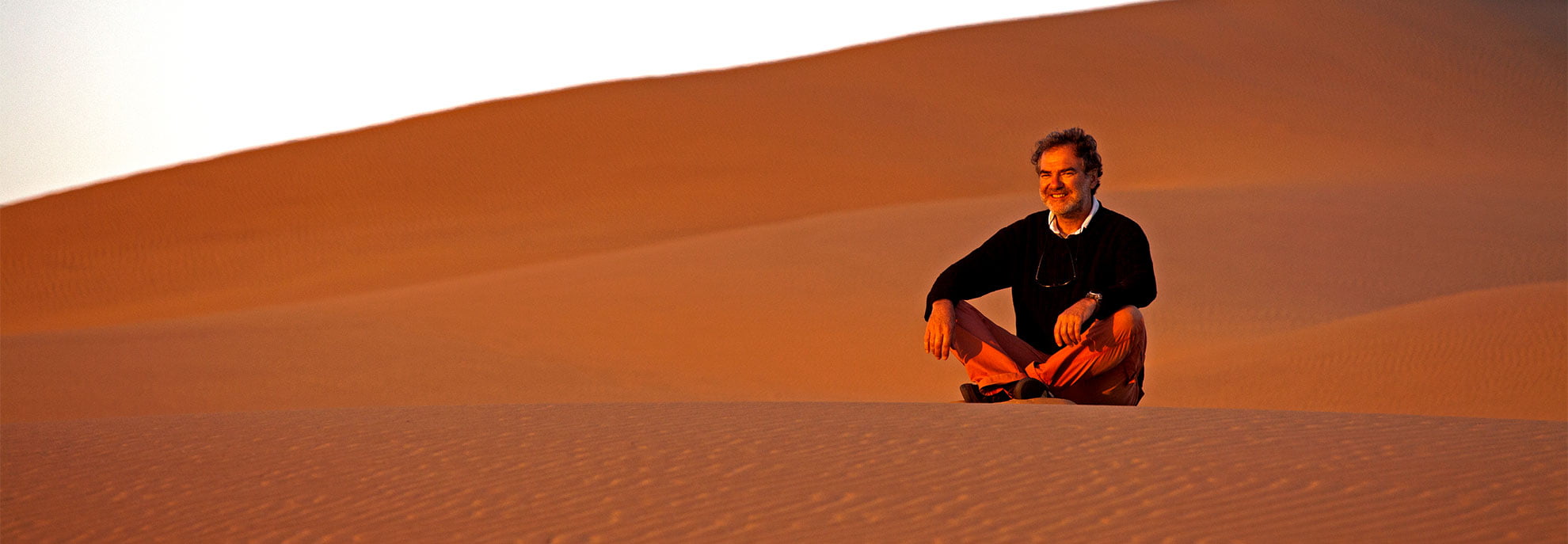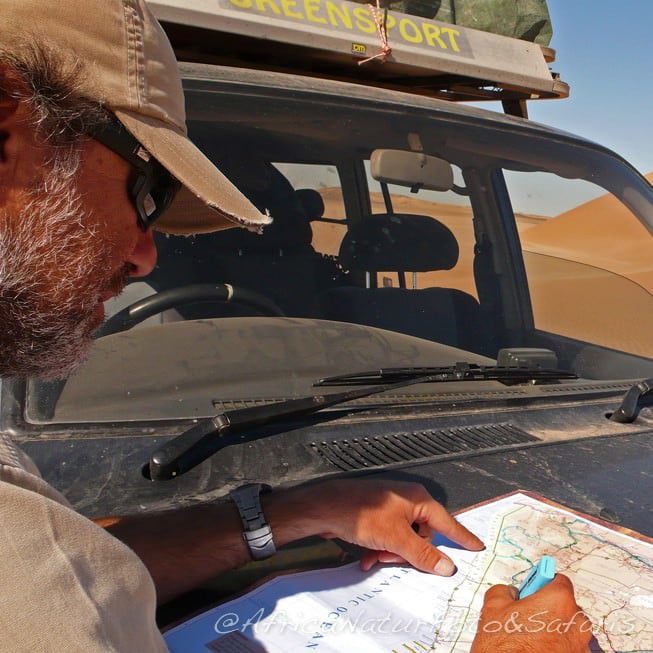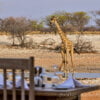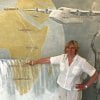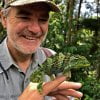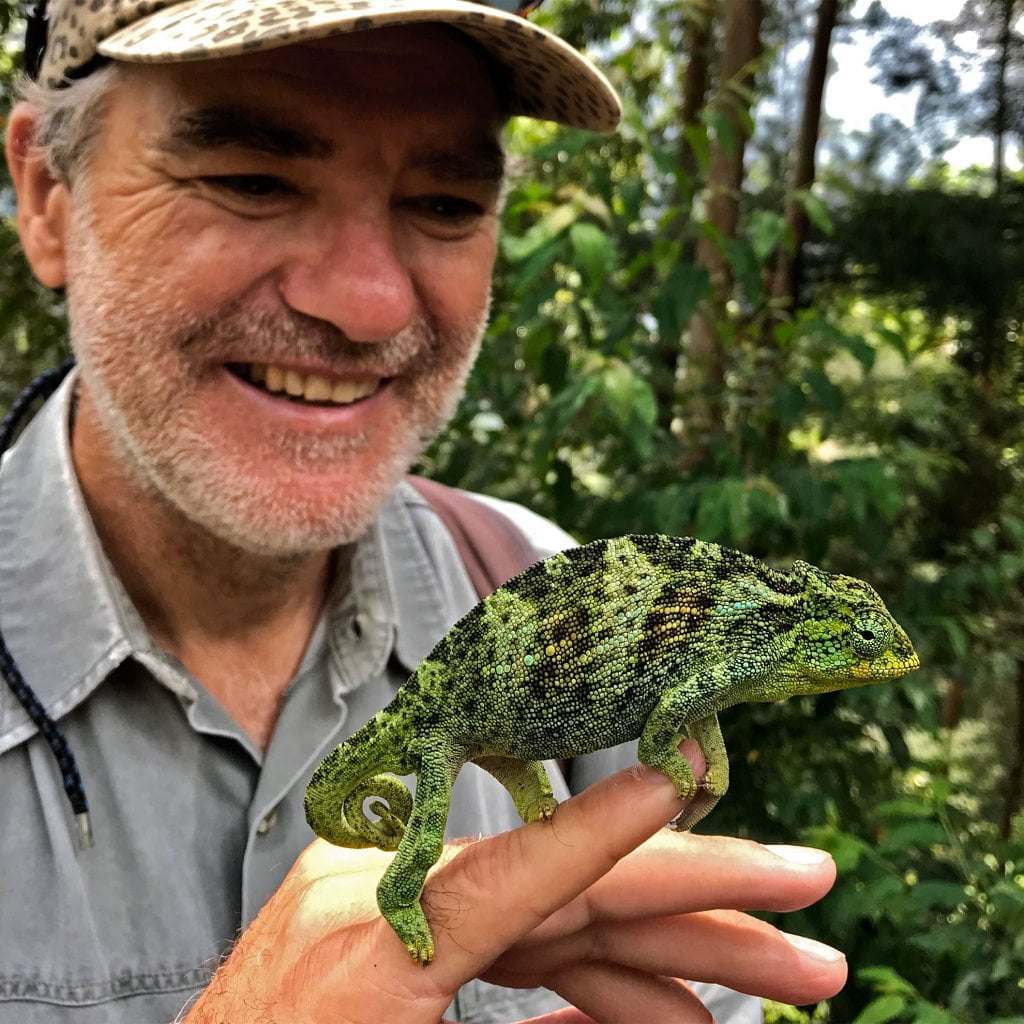 From Italian origins, Valentino was born in Malawi, in the heart of Africa, where he spent his first 18 years living in close contact with African nature and culture. He completed his last years of study in Johannesburg (SA) to then move to Italy and begin his working life where he developed, among other things, a passion for nature and sports photography.
From Italian origins, Valentino was born in Malawi, in the heart of Africa, where he spent his first 18 years living in close contact with African nature and culture. He completed his last years of study in Johannesburg (SA) to then move to Italy and begin his working life where he developed, among other things, a passion for nature and sports photography.
In the 90s, the call of Africa brought him back to his native land, this time to Namibia, where he started the activity of specialised guide and tour operator. His unconditional love for Africa is clearly recognizable in his passion for nature photography, which represents for him an artistic expression capable of enhancing the beauty of African nature.
He has collaborated with various television net-works including RAI (in particular with Alberto Angela’s “Passaggio a Nord Ovest”, “Ulisse, il piacere della scoperta” and “Quark”) and with various professional photographers. Specifically with RAI, Valentino had the privilege, together with his wife Jacqueline, acted as a guide for at least four times with Alberto Angela in Namibia for various documentaries made by the great Italian “writer, journalist and tv presenter”, in particular the one dedicated to the Himba and the Bushmen and aired with considerable success.
Valentino Morgante is a Level 4 Guide (i.e. the highest recognition), with certification issued by the NTA-Namibia Training Authority and recognised by the NATH-Namibia Academy of Tourism and Hospitality. This certificate authorizes you to operate as a guide and acknowledges that the authorised person has the necessary preparation to carry out this in Namibia. Valentino has also participated in refresher courses for nature guides in South Africa and Botswana.
Valentino Morgante is the author, together with Jacqueline De Monte, of the book “Terra d’Africa“, published with a preface by Alberto Angela. Quotes taken from the preface in the book:
“… Years of life in the wildest parts of Namibia and Africa have allowed them to capture what escapes the eyes of others. I realized it when, during our shooting, they managed to take us to sites and places that enveloped you in a unique atmosphere …”
